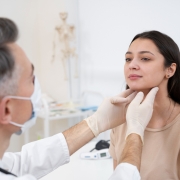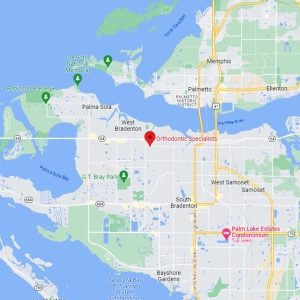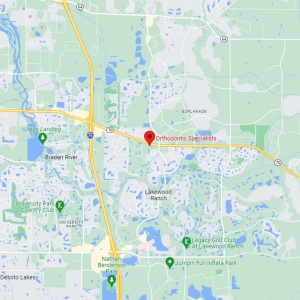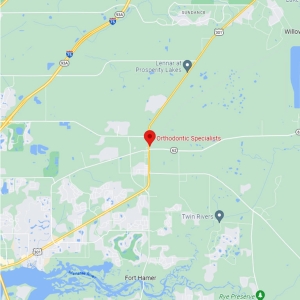Can Supplements Help Me Improve My TMJ?
Holistic medicine focuses on finding the most natural solutions for your pain, discomfort, or ailment. However, when it’s clear that not all natural substances are good for you, the question of how to implement supplements is far from simple. If you’re looking to treat your TMJ in East Bradenton without the help of a professional, we’ll look at what to expect.
The Basics of TMJ
When people say TMJ, they usually refer to a joint disorder that impacts your jaw’s movements. However, the actual initials refer to the temporomandibular joint, which connects your jawbone to your skull. If the cartilage begins to erode around the joint or the shock-absorbing disc moves out of place, you’ll hear clicking sounds in your jaw and may experience pain or discomfort as you chew.
Can Supplements Treat TMJ?
Supplements can’t treat the disorder because TMJ involves your joints, cartilage, and discs. At best, they can help you manage your inflammation and pain. If you’re going to go this route, opt for supplements like omega-3 fatty acids and magnesium, both of which can comfort the tissues surrounding the joint.
Orthodontists in East Bradenton, FL
You’ll find multiple professionals who will treat TMJ, including physical therapists. However, suppose your dentist has referred you to a dental specialist or you suspect that your TMJ is a result of grinding your teeth or other misalignment issues. In that case, it’s best to see an orthodontist in East Bradenton, FL. At Orthodontic Specialists, we can help you learn about more permanent solutions, where you can do more than just address the superficial symptoms.









